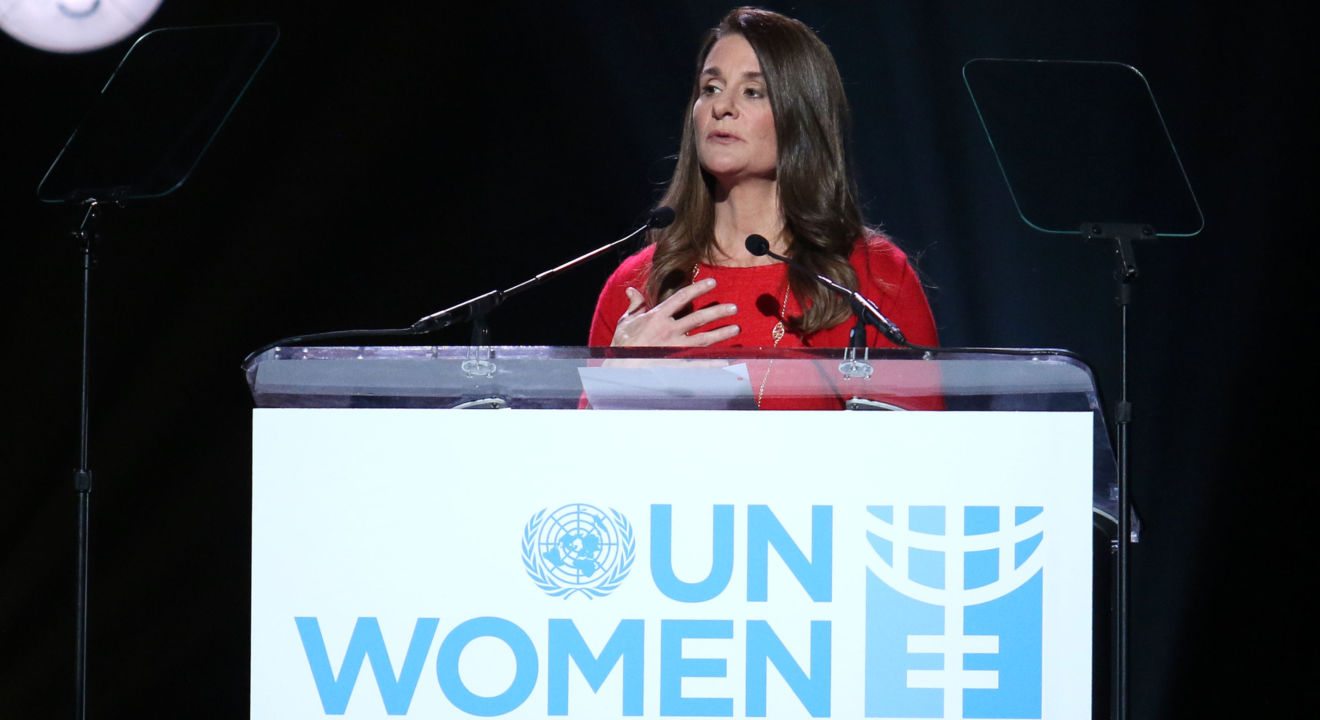Culture November 2, 2016


An issue affecting women around the globe, time poverty has come to the attention of Melinda Gates, who says in the Gates’ Annual Letter that if she could choose any superpower, she would choose more time. The term “time poverty” essentially means that women of all nationalities are not meeting their full potential because they spend so much time completing unpaid work.
Here are some essential facts every woman needs to know.
On average, women spend about 4.5 hours every single day doing unpaid work such as cooking and cleaning, caring for children and taking care of any other members of the household. On average, men spend one hour doing those things. This type of work must be done to run a family household, but not everything should fall on the woman’s lap. When she spends hours every day completing tasks for free, she is using up time she could have spent developing a skill or furthering her career.
There is not one single country where women are doing more paid work than men. Men dominate the workforce by doing more paid work than women over 75 percent of the time. In poorer nations especially, women are too busy looking for firewood, searching for clean water or cooking meals to enter the workforce.
It’s a completely saturated idea, even in our burgeoning open-minded society, that women do most – if not all – of the housework. As Melinda says in her letter, “Reducing by itself isn’t enough, because it’s not just that housework takes a long time; it’s also that every culture expects women to do it. If tasks start taking less time, societies can (and do) simply assign women more tasks to fill up the time they’re deemed to have available.” With this current way of thinking, the workload will never be evenly balanced.
Even if you didn’t have a mother who believed that it was a woman’s duty to keep the house clean, you probably know that these ideas are embedded in society. Women are not meant to bear the brunt of unpaid labor – that is an idea flawed in its design. Melinda believes that once we start to recognize that this mentality has become a social norm, we can learn to adjust our behavior.
We can use the three Rs – Reduce, Recognize and Redistribute – to end time poverty for women around the world. The “Reduce” part of the plan means to make the unpaid labor take less time. One way to do that, Gates explains, is to make electricity and clean water more accessible to people in poorer nations. But we can’t rely on that alone. We have to “Recognize” that it is a taught behavior and avoid hoisting chores on women. Lastly, “Redistribute” refers to handing over some of the chores to men. This way, Melinda proposes, women could dedicate more time to improving society, gaining an education and leading more fulfilling lives.